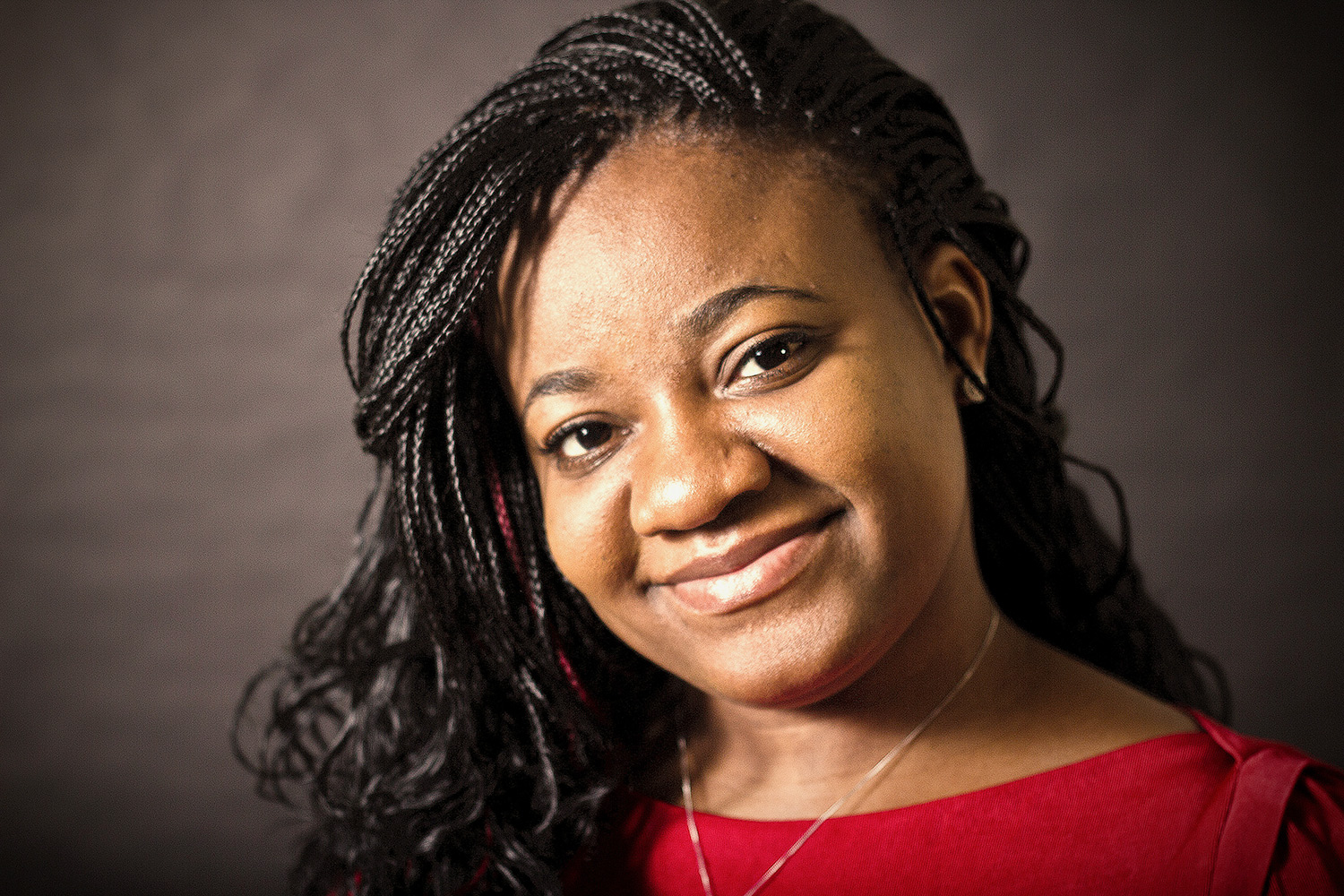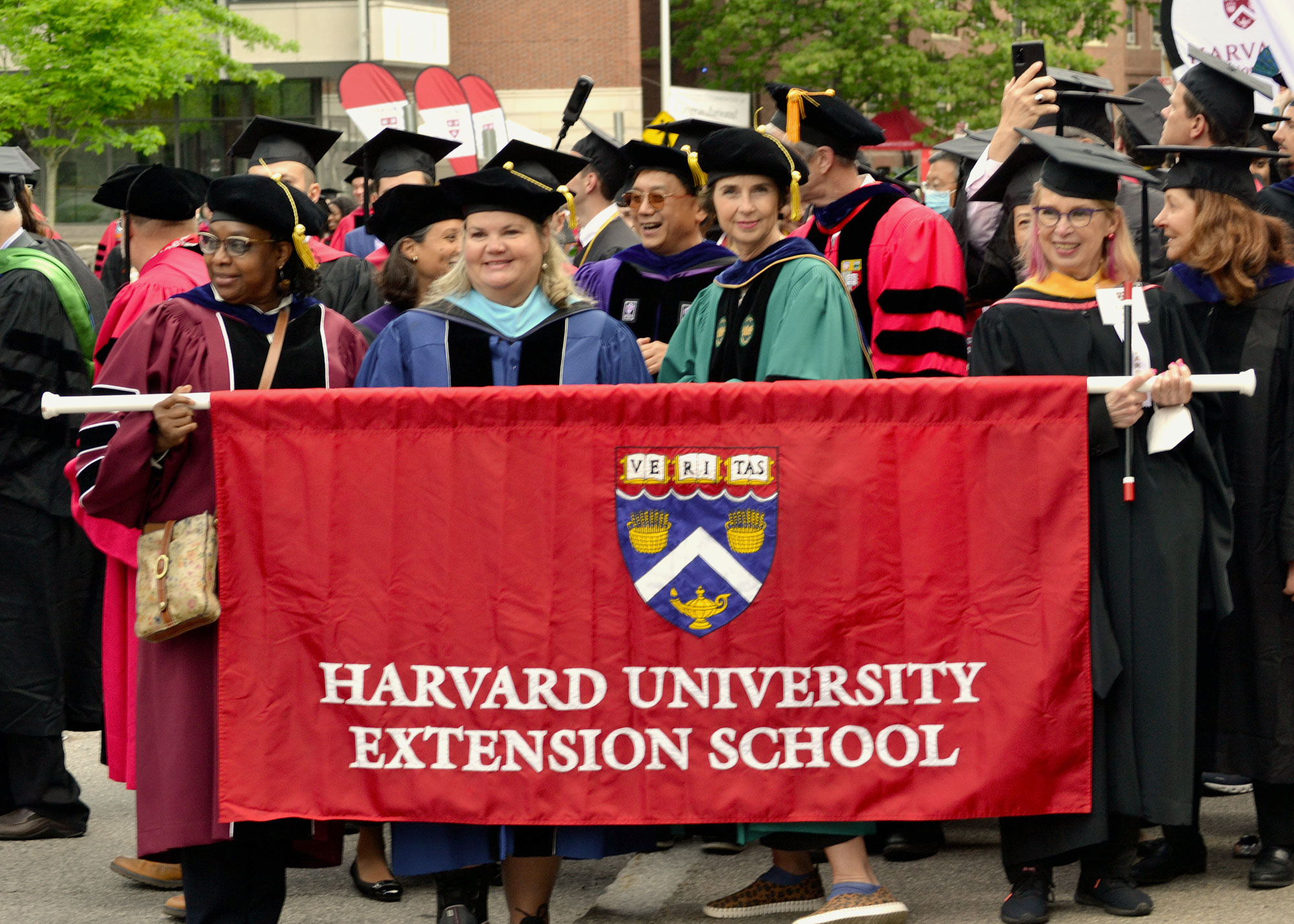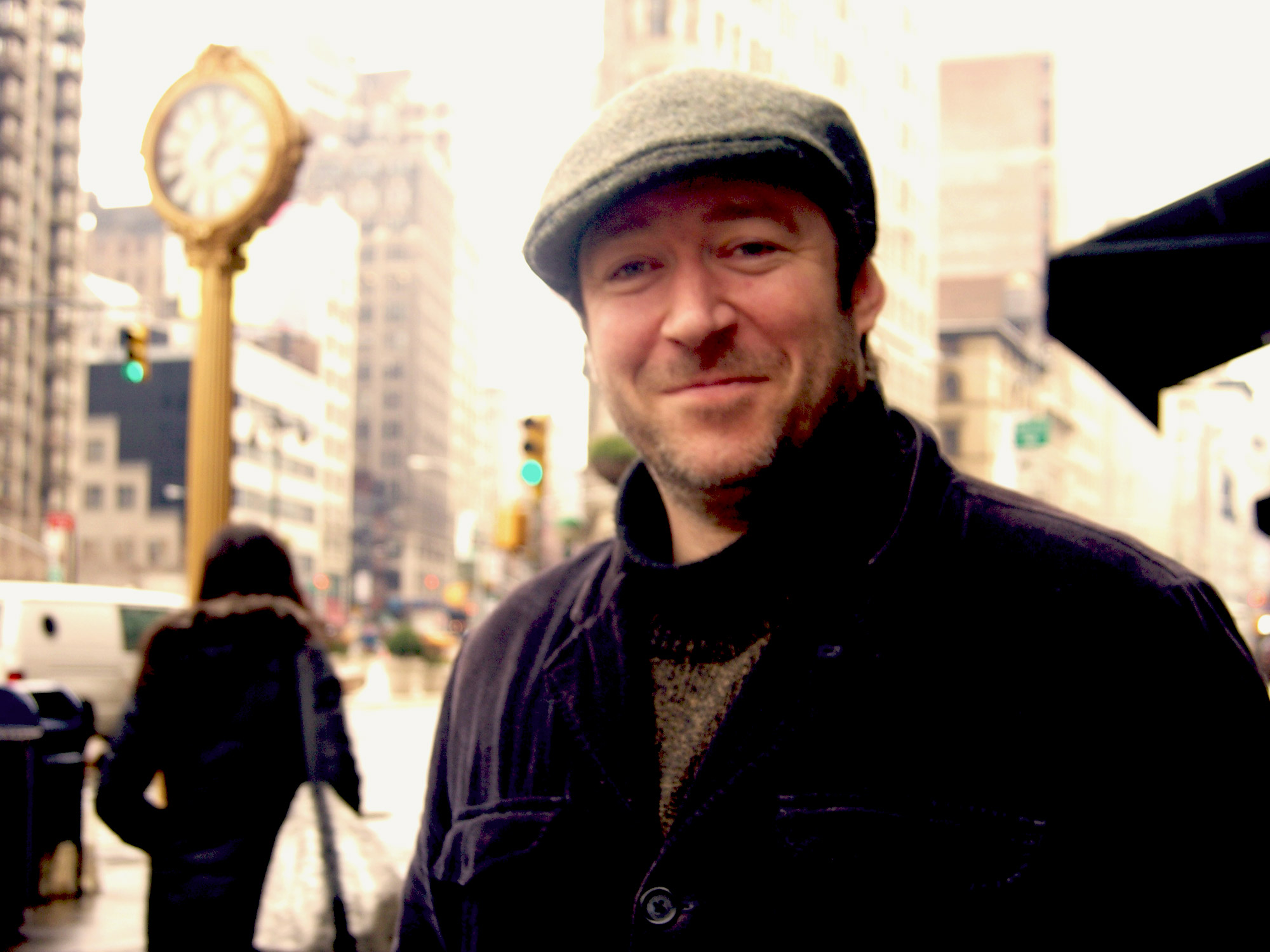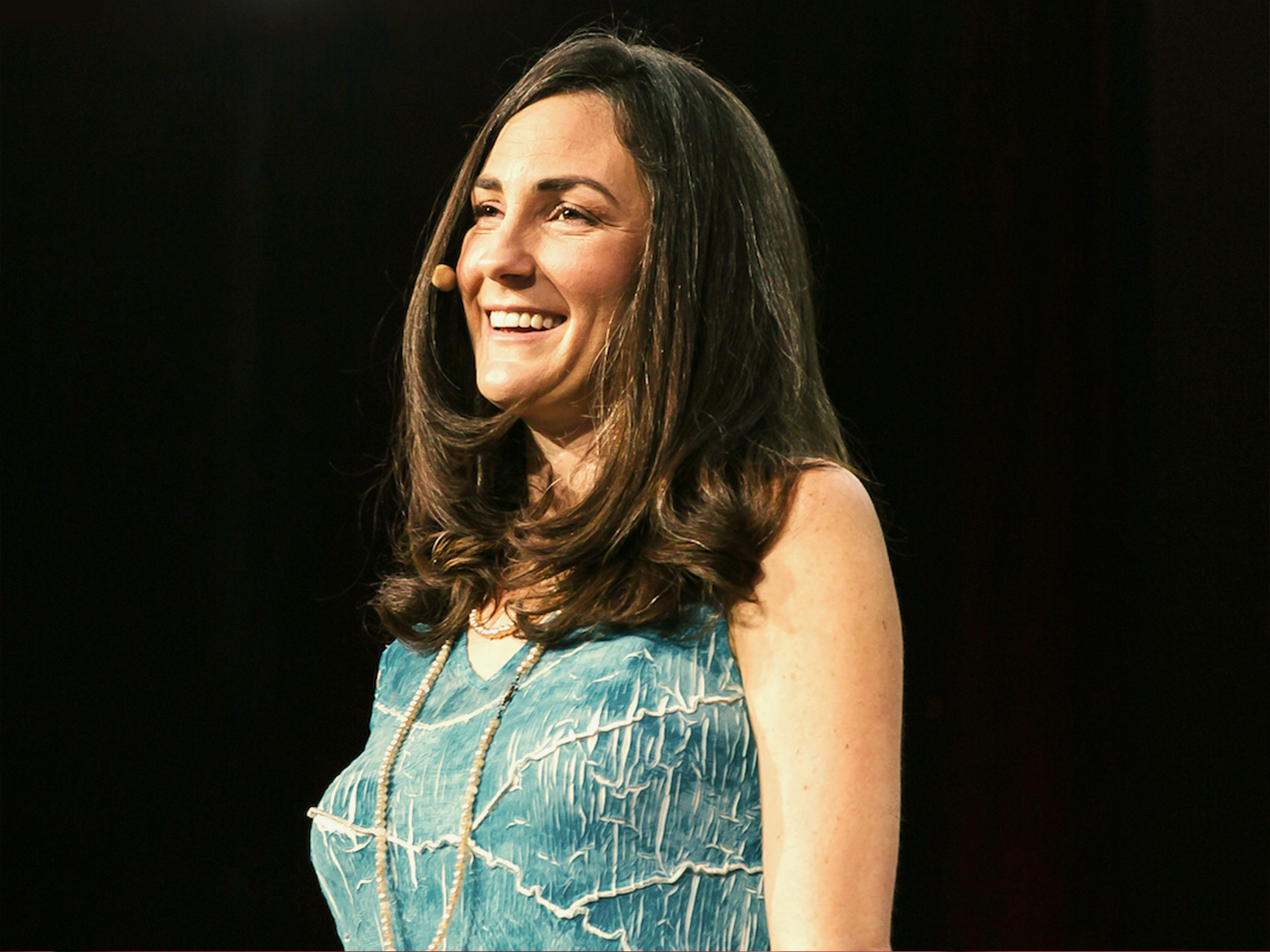At Harvard Extension School, we bring together expert faculty who love to teach and motivated adult learners who love to learn.
Through hundreds of courses in over 50 different subject areas, our instructors teach their scholarly and professional passions. The combination of expertise and enthusiasm inspires our learners to reimagine their own academic and professional lives.







